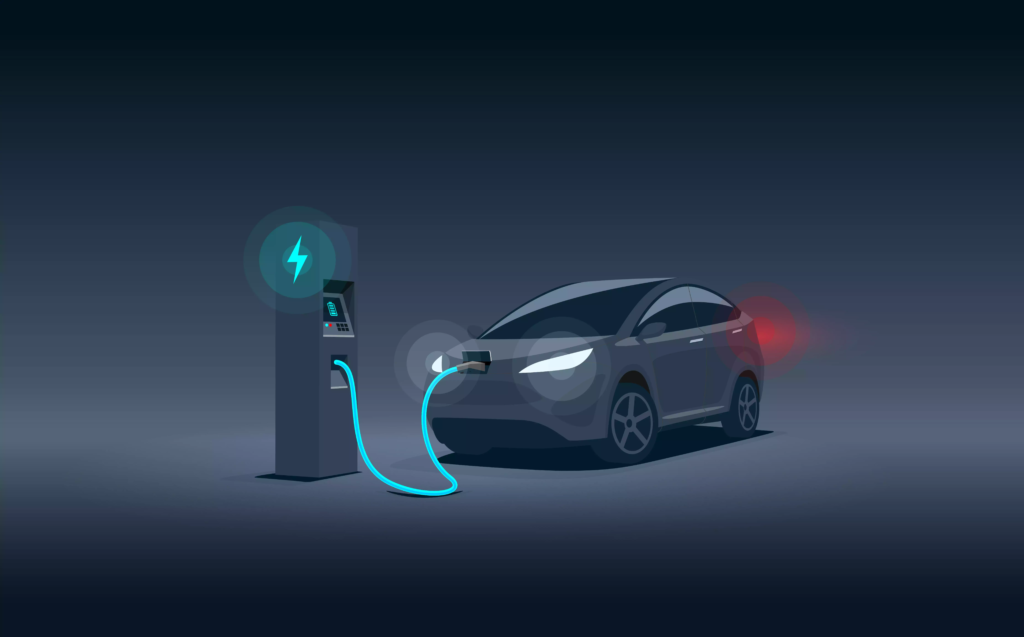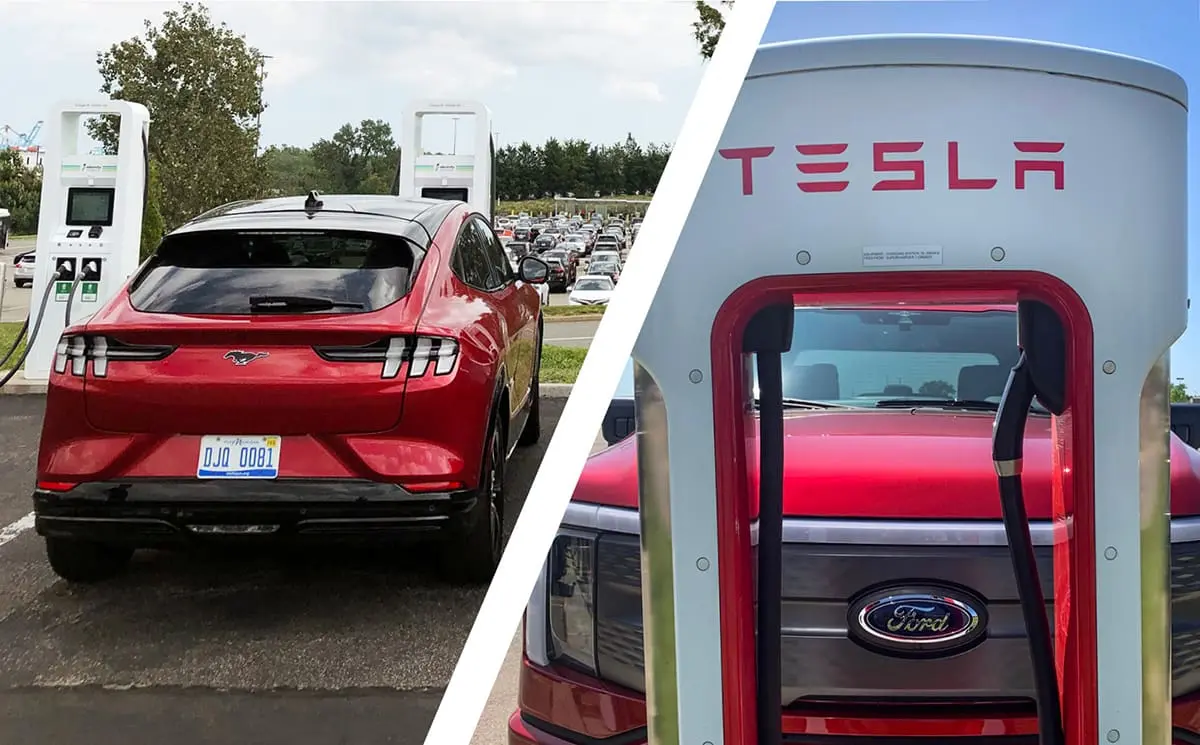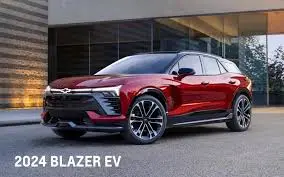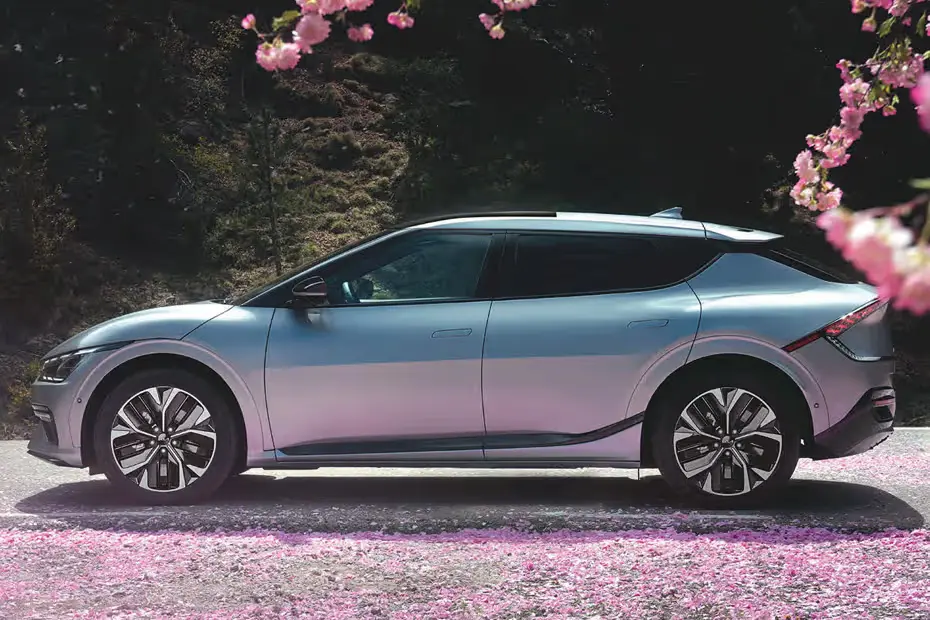Electric Vehicles (EVs) are becoming more popular because they are better for the environment and help save money. Instead of using petrol or diesel, they run on electricity, which makes them cleaner and quieter. With better batteries and more charging stations, EVs are now easier to use. In this blog, we’ll talk about why people choose EVs, the best car brands, popular models, and the good and bad sides of owning one. Plus, we’ll explain their reviews and recommendation of respective brands.

Table of Content:
Introduction to EVs
Electric Vehicles (EVs) are changing how people travel. Unlike petrol or diesel cars, EVs use electricity, making them a cleaner and greener choice. As technology gets better, more people are choosing EVs because they save money and help the environment.
EVs run on rechargeable batteries that store electricity. Instead of using petrol, drivers can charge their cars at home or at charging stations. This makes driving easier and lowers fuel costs. Since EVs do not release harmful gases, they help reduce air pollution and slow down climate change.
Why Choose an Electric Vehicle?
Electric Vehicles (EVs) are becoming more popular because they are better for the environment and can save money. Unlike petrol or diesel cars, EVs run on electricity, reducing pollution and making the air cleaner. Here are some key reasons to choose an EV:
- Better for the Environment – EVs do not release harmful gases, which helps fight climate change and improve air quality.
- Lower Running Costs – Charging an EV is cheaper than buying petrol or diesel. Also, they require less maintenance since they have fewer moving parts.
- Convenient Charging – EVs can be charged at home or at public charging stations, making them easy to use.
- Smooth and Quiet Drive – These vehicles are quieter than fuel-powered cars, providing a more comfortable driving experience.
- Government Support – Many countries offer tax benefits, incentives, and more charging stations to encourage people to switch to EVs.
- Improved Battery Technology – Modern EVs can travel longer distances on a single charge, making them a practical option for everyday use.
There are many benefits of an EV. As charging infrastructure improves and battery efficiency increases, EVs are becoming more practical, cost-effective, and widely accessible for all types of drivers.
Top EVS Companies Driving the Future of Mobility
Electric cars are becoming more common because they are better for the environment and cost less to use. Many companies are working to make EVs with better batteries and smart features. Let’s look at the top five EV companies leading the way.
1. Tesla

Tesla is the most well-known brand among top EV companies. It makes powerful electric cars that can travel long distances on a single charge. Popular models like the Model 3 and Model Y are fast, stylish, and have self-driving features. Plus, Tesla has a strong charging network, making it easy to charge cars quickly.
2. Chevrolet Blazer

BYD is a leading EV company from China. It makes electric cars, buses, and batteries. The company is growing fast and is focused on making EVs affordable for more people. BYD is also expanding its business to different countries.
3. GMC Hummer

Volkswagen is a popular car brand that is now making more electric vehicles. Its ID series, like the ID.4, offers stylish and practical EVs. The company is working hard to improve battery life and lower costs, so more people can switch to electric cars.
4. Hyundai & Kia

These South Korean brands are producing high-quality electric cars. Models like the Hyundai Ioniq 5 and Kia EV6 are well-known for their fast charging and smart features. They are also comfortable and easy to drive, making them a great choice for many buyers.
5. Rivian

Rivian is a new American EV company making electric trucks and SUVs. The R1T pickup and R1S SUV are built for adventure and have strong batteries. The company is also working with Amazon to make electric delivery vans, which will help reduce pollution.
As EV technology improves, these companies are making electric cars more affordable, reliable, and easy to use. Soon, more people will choose EVs, and the future of driving will be electric.
Features of Top Ev Companies Model: Reviews
Electric cars are becoming more popular because they are easy to use, cost less to run, and are better for the environment. Different EV models come with special features that make driving smooth, fun, and safe. Some have long battery life, while others focus on smart technology. Let’s look at some top electric cars and what makes them great.
1. Tesla EV Review
- Battery & Range: Can drive up to 358 miles on a single charge, making it perfect for long trips.
- Speed & Performance: Goes from 0 to 60 mph in just 3.1 seconds, making it one of the fastest EVs.
- Smart Features: Has a big touchscreen, self-driving assistance, and automatic software updates.
- Charging: Works with Tesla’s fast-charging network, making it easy to charge quickly.
2. Chevrolet Blazer EV Review
- Modern Technology: Features a rotating touchscreen, voice control, and smart connectivity.
- Charging: Supports home and public charging for convenience.
- Battery & Range: Covers up to 275 miles per full charge.
- Comfortable Ride: Spacious cabin and smooth driving experience.
- Smart System: Includes a digital dashboard, voice commands, and advanced safety features.
- Fast Charging: Recharges quickly to save time.
3. GMC Hummer EV Review
- Powerful Performance: Delivers impressive horsepower and off-road capability.
- Battery & Range: Travels up to 300 miles on a full charge.
- Advanced Tech: Comes with an intuitive touchscreen, voice control, and driver assistance features.
- Rugged Design: Built for both urban and off-road adventures.
- Fast Charging: Charges efficiently with high-speed charging support.
- Spacious Interior: Offers a roomy and comfortable ride for passengers.
4. Hyundai Ioniq 5 EV Review
- Battery & Range: Goes up to 303 miles per charge, making it a good choice for road trips.
- Stylish Design: Looks modern and has a spacious cabin.
- High-Tech Features: Comes with a large touchscreen, smart driving assistance, and self-parking.
- Quick Charging: Charges 80% of the battery in just 18 minutes.
5. Rivian R1T EV Review
- Battery & Range: Can travel up to 314 miles before needing a recharge.
- Adventure-Ready: Built for off-road driving and rough roads.
- Smart Technology: Has a digital dashboard, Alexa voice control, and safety assistance.
- Charging: Supports fast charging, making it ideal for long trips.
Electric cars are improving every year, offering longer battery life, smart features, and faster charging. As technology gets better, EVs will become even more efficient and convenient, making them a great choice for the future of driving.
Pros and Cons of Owning an Electric Vehicle
Electric vehicles (EVs) are becoming more popular as people look for cleaner and cheaper ways to travel. They offer many benefits, but there are also some drawbacks. Let’s look at the pros and cons of owning an EV.
Pros of Owning an EVs
- Eco-Friendly – EVs run on electricity, which reduces air pollution. They help lower carbon emissions and fight climate change.
- Lower Running Costs – Charging an EV is cheaper than filling up a petrol or diesel car. Plus, they have fewer moving parts, so maintenance costs are lower.
- Smooth & Quiet Drive – EVs offer a silent and comfortable ride. There is no engine noise, making driving more peaceful.
- Instant Acceleration – EVs provide quick and smooth acceleration. Many models can reach high speeds faster than traditional cars.
- Less Maintenance – EVs don’t need oil changes or complex engine repairs. Their simple design makes them easier to maintain.
- Home Charging Convenience – You can charge your EV at home overnight, saving trips to the fuel station.
Cons of Owning an EV
- Higher Upfront Cost – EVs are more expensive than petrol or diesel cars. However, prices are slowly dropping as technology improves.
- Limited Charging Stations – Charging points are not as common as fuel stations. This can be a problem, especially during long trips.
- Long Charging Time – Even with fast chargers, EVs take longer to charge compared to refueling a petrol or diesel car.
- Limited Range – Some EVs have a lower driving range, making long-distance travel challenging. However, newer models are improving on this.
- Battery Replacement Costs – EV batteries degrade over time. Replacing them can be expensive, though most batteries last many years.
- Weather Impact – Extreme cold or heat can reduce battery performance and driving range.
Charging Options for Electric Vehicles
Electric vehicles (EVs) need regular charging to keep running smoothly. Unlike petrol or diesel cars, EVs use electricity stored in batteries. There are different ways to charge an EV, each with its own benefits. Let’s explore the main charging options available.
1. Home Charging
- Most convenient option – You can charge your EV at home using a standard wall socket or a dedicated home charger.
- Slow but cost-effective – A regular power outlet takes longer to charge the battery, but it’s affordable.
- Faster home chargers – Installing a Level 2 charger speeds up charging and is great for daily use.
- Overnight charging – Many EV owners charge their cars overnight, ensuring a full battery in the morning.
2. Public Charging Stations
- Available in cities and highways – Many shopping malls, parking lots, and gas stations have EV chargers.
- Fast-charging options – Some stations offer rapid charging, which fills the battery in less time.
- Pay-per-use system – Some charging stations require payment, while others offer free charging as an incentive.
- Growing network – The number of public charging points is increasing, making long-distance travel easier.
3. Fast Charging (DC Charging)
- Quick power boost – Fast chargers, also known as DC chargers, can charge an EV up to 80% in 30–60 minutes.
- Best for long trips – Ideal for travelers who need to charge quickly on the go.
- More expensive – Fast charging costs more than home charging but saves time.
- Not all EVs support it – Some EV models may not be compatible with high-speed chargers.
4. Workplace Charging
- Encourages EV adoption – More workplaces are installing chargers to promote green transportation.
- Convenient for employees – Many offices and businesses provide charging stations for workers.
- Saves time – Employees can charge their cars while working, reducing the need for home or public charging.
Conclusion
Since EVs run on electricity, they help reduce air pollution and lower carbon emissions. Over time, advancements in battery technology have made them more efficient, allowing drivers to travel longer distances on a single charge. Charging options are also expanding, with more home chargers, workplace stations, and fast-charging networks making EVs more convenient for daily use. With governments offering incentives and companies investing in better technology, the future of electric vehicles looks bright, making them a smart and sustainable option for drivers everywhere.
